XIMIVOGUE Insights on Blind Box Economy and Psychology
Author: Celia| Keywords chosen by Celia
Blind box collectibles, from TikTok trends to mall kiosks, are popping up everywhere.
Packaged in sealed boxes, each contains a surprise figurine or keychain, with the specific item left to chance.
The thrill of the unknown drives collectors to spend big, despite the cost. These small boxes are a massive business.
In this post, we'll dive into the history of blind boxes, the psychology behind them, and ways businesses can leverage this trend to captivate customers.
What is the history of the blind box?
Blind boxes began in Japan with fukubukoro, mystery bags of discounted goods, and evolved in 1965 with gachapon machines dispensing random toy capsules. These early versions inspired modern blind boxes, using surprise to drive repeated purchases.
Now, blind boxes are sealed packages with hidden collectibles, popularized globally by brands like Pop Mart and Funko. Offering themed items like figurines, they tap into the excitement of the unknown, creating a thriving market.
What is the psychology behind blind boxes?
Thrill of Surprise
The allure of blind boxes stems from the excitement of the unknown. Opening a sealed package sparks anticipation, much like unwrapping a gift, triggering dopamine release. This mirrors the addictive pull of gambling, where unpredictable rewards keep buyers hooked.
Drive to Collect
Blind boxes tap into the human urge to gather rare or unique items. Brands create sets with scarce pieces, pushing collectors to keep buying until they complete the collection. This "gotta catch 'em all" mindset fuels ongoing purchases and builds a sense of achievement.
Social Media Amplification
Unboxing videos and collection showcases on platforms like TikTok and Instagram boost the blind box craze. Sharing finds online fosters a collector community, encouraging trading and further engagement, while viral content heightens the trend's appeal.
Variable Rewards Cycle
The random nature of blind boxes, where the next box might hold a coveted item, leverages variable-ratio reinforcement. Even when buyers miss their desired figure, the sunk cost fallacy—feeling too invested to stop—drives them to keep purchasing.
Affordable Excitement
Priced accessibly, blind boxes offer an affordable thrill, appealing to both new and seasoned collectors. The mix of low cost and the chance for rare finds creates a compelling experience, encouraging frequent buys and sustaining the market's growth.
How do brands fuel the blind box craze?
Crafting Mystery Product Lines
Businesses can launch mystery boxes featuring a mix of products, like beauty items or fashion accessories, with varied value to spark excitement. This approach, applicable across industries, turns purchases into thrilling surprises, boosting customer engagement and sales.
Leveraging Limited Editions
Releasing an exclusive, limited-time blind box series with unique or rare items creates urgency through scarcity. This FOMO-driven strategy, often tied to seasonal events, encourages quick purchases and fosters repeat buying to secure coveted collectibles.
Enhancing Loyalty Programs
Integrating blind boxes into loyalty programs offers customers a fun reward for points redemption. This incentivizes ongoing interaction with the brand, making purchases feel like a game while strengthening customer retention and brand connection.
Collaborating for Appeal
Partnering with artists, celebrities, or popular franchises amplifies a blind box's draw by tapping into existing fan bases. These collaborations, like Funko's movie-themed figures, elevate perceived value and attract diverse audiences, driving sales.
Amplifying Through Social Media
Brands fuel the blind box craze via social media, where unboxing videos and influencer endorsements go viral. Eye-catching in-store displays and online countdowns for exclusive releases create anticipation, encouraging sharing and expanding reach organically.
Conclusion
Blind boxes turn simple purchases into exciting, unpredictable adventures, growing from a niche hobby into a global phenomenon that captivates collectors and new buyers. Businesses can leverage this trend's mystery and exclusivity to boost engagement and build lasting brand loyalty.








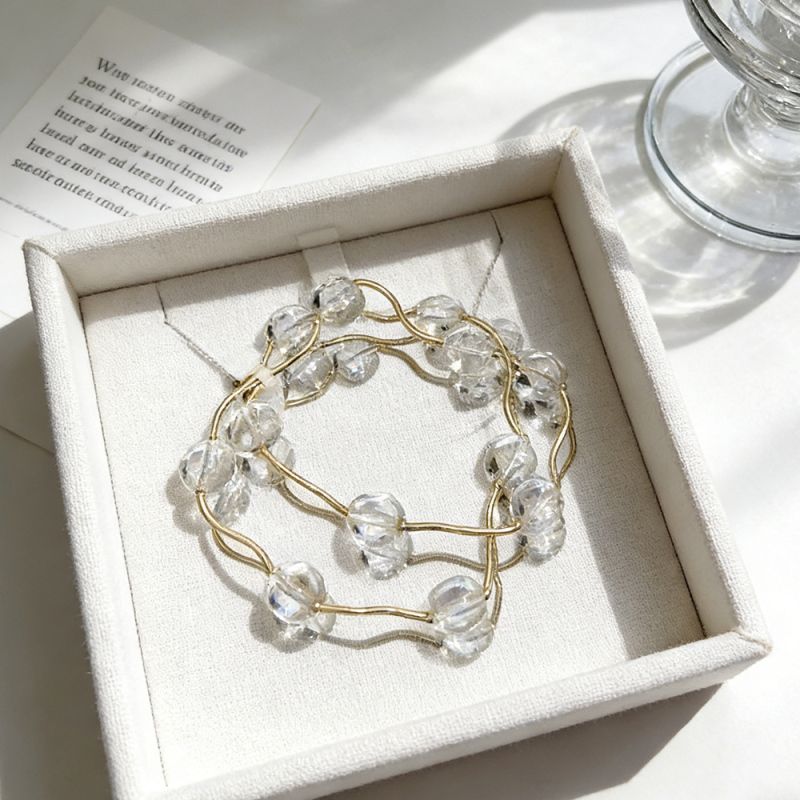 XIMIVOGUE Spring Bracelets That Breathe New Life
XIMIVOGUE Spring Bracelets That Breathe New Life
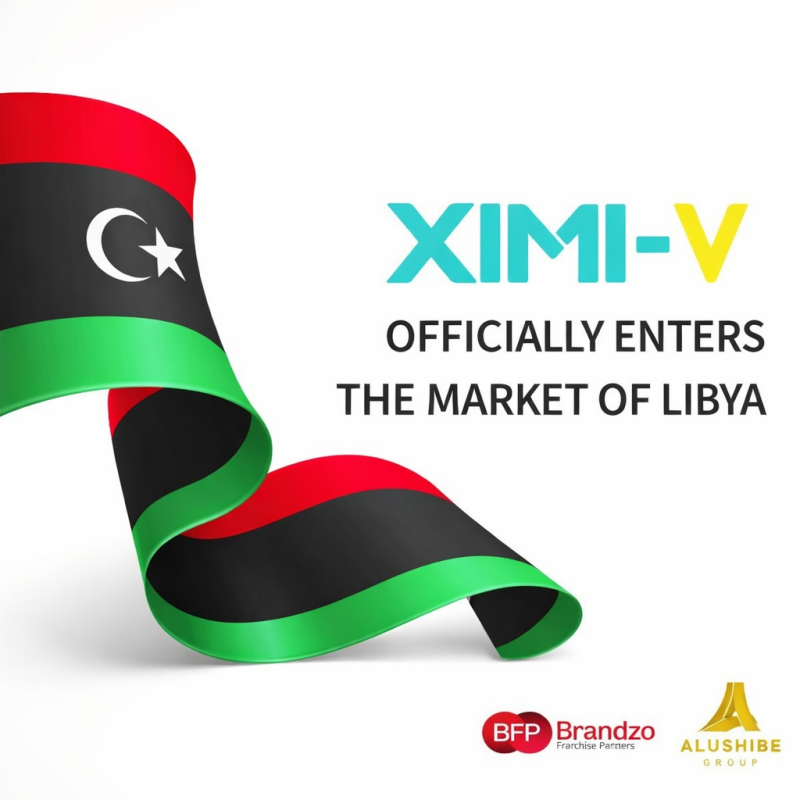 XIMIVOGUE Announces New Partnership in Libya
XIMIVOGUE Announces New Partnership in Libya
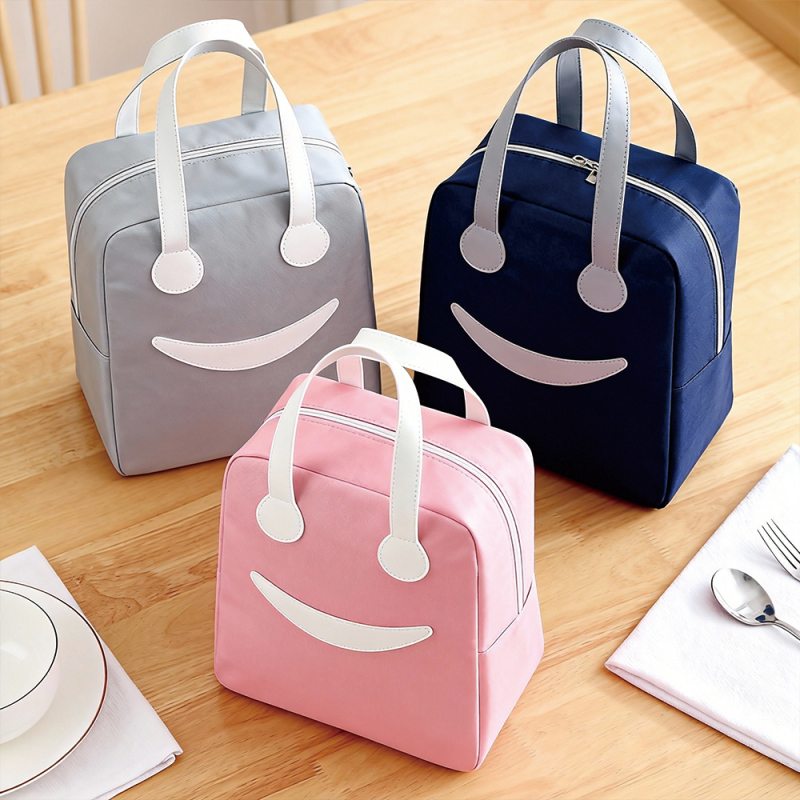 Carry Your Fresh Start with These 6 XIMIVOGUE Lunch Bags
Carry Your Fresh Start with These 6 XIMIVOGUE Lunch Bags
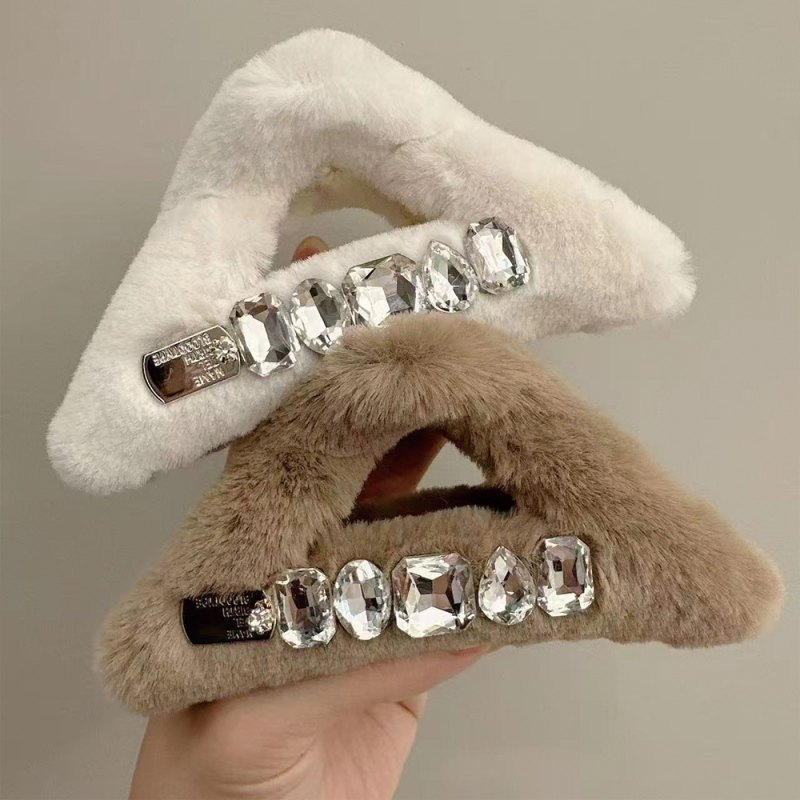 Upgrade Your New Year Style with XIMIVOGUE Claw Clips
Upgrade Your New Year Style with XIMIVOGUE Claw Clips
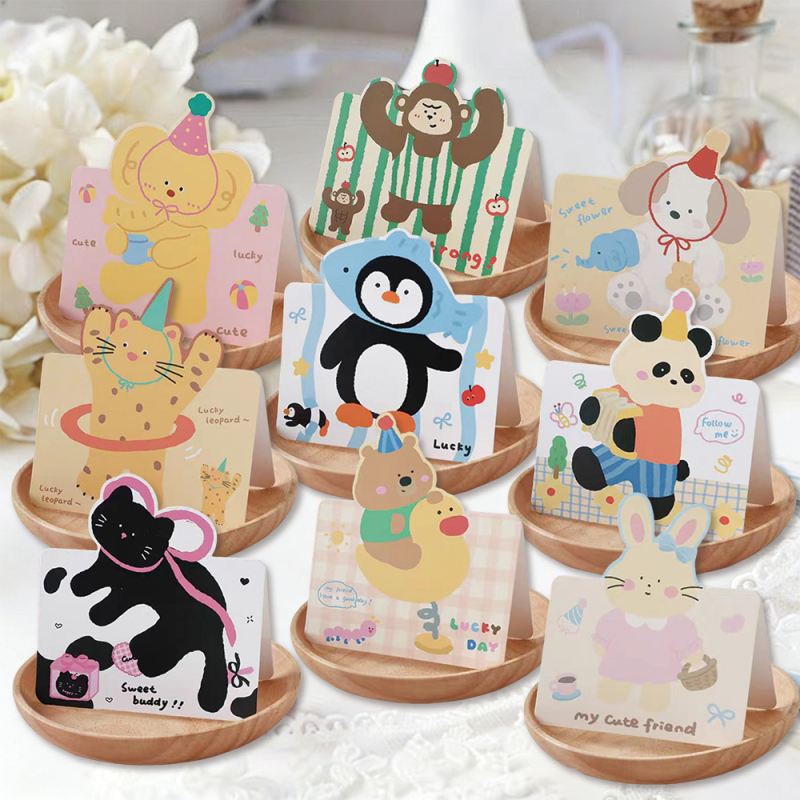 Top 6 Greeting Cards You Need in Your XIMIVOGUE Basket This Year
Top 6 Greeting Cards You Need in Your XIMIVOGUE Basket This Year




